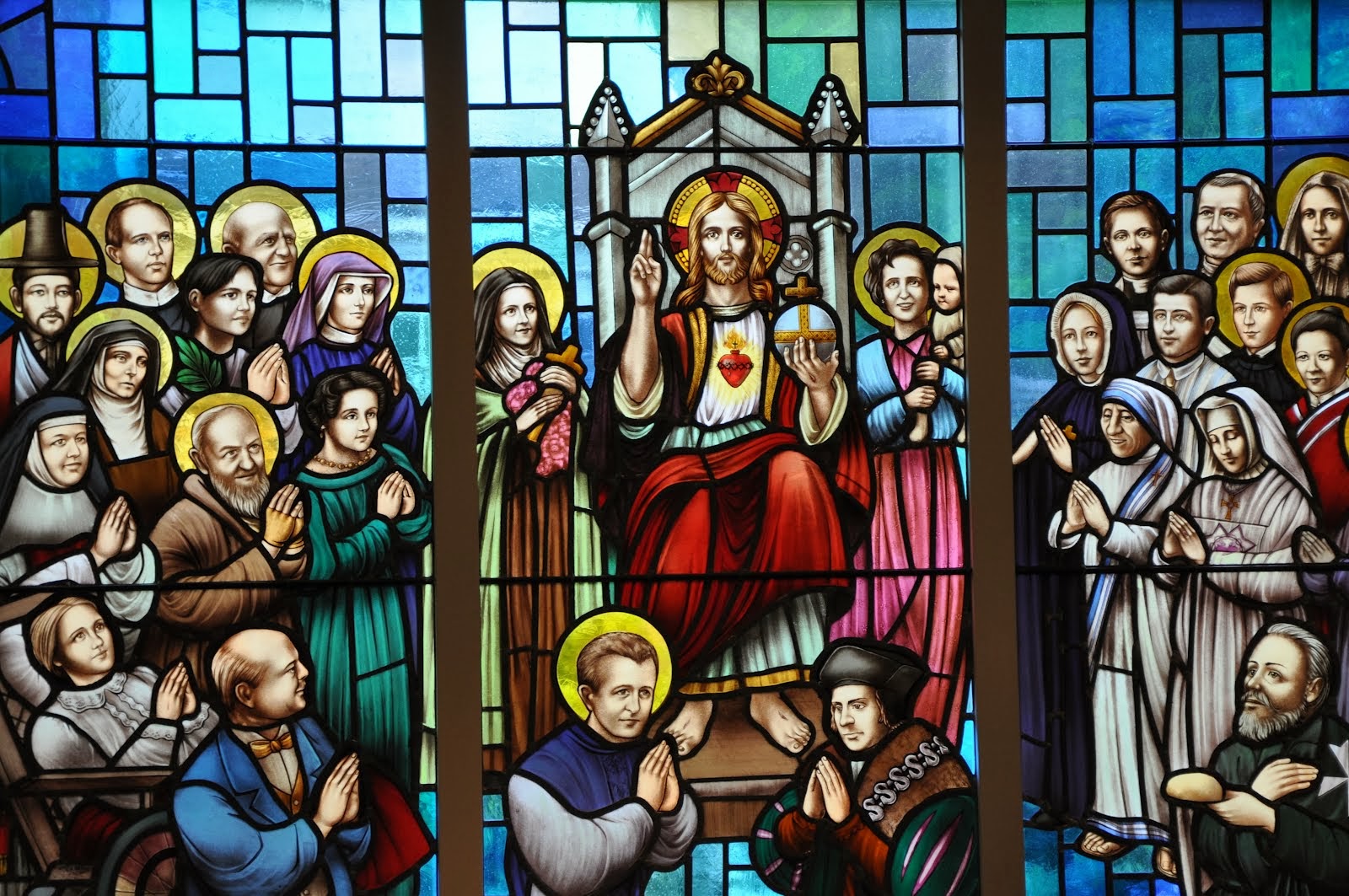
“God has desired that in spiritual combat we might fight rather with prayers than with our own strength.” St. Augustine of Hippo (4th-5th centuries, Doctor of the Church)
“When a prayer, like a ray of the sun, arises from our tongue and comes forth from our mouth, our mind is enlightened. All the savage passions which destroy our reason slink away and flee to their own lairs, if only our prayer is diligent, if only it comes from a watchful soul and sober mind.” St. John Chrysostom (4th-5th centuries, Doctor of the Church)
“There are some who wish to be humble, but without being despised, who wish to be happy with their lot, but without being needy, who wish to be chaste, without mortifying the body, to be patient without suffering. They want both to acquire virtues and to avoid the sacrifices those virtues involve: they are like soldiers who flee the battlefield and try to win the war from the comfort of the city.” St. Gregory the Great (6th-7th centuries, Doctor of the Church)
“The army of the Church is higher in status than the army of the world; its warfare is a higher one, and its soldiers fight against spiritual enemies.” St. Thomas Aquinas (13th century, Doctor of the Church)
“One is crowned and deserving of glory not for beginning but only for persevering…How confounded that knight would deserve to be who turned and ran from the battlefield just as he was on the verge on winning!” St. Catherine of Siena (14th-15th centuries, Doctor of the Church)
“See now, when Christ comes back to His Apostles for the third time, there they are, buried in sleep, though He commanded them to bear up with Him and to stay awake and pray because of the impending danger; but Judas the traitor at the same time was so wide awake and intent on betraying the Lord that the very idea of sleep never entered his mind. Does not this contrast between the traitor and the Apostles present to us a clear and sharp mirror image (as it were), a sad and terrible view of what has happened through the ages from those times even to our own?” St. Thomas More (15th-16th centuries)
“Woe to me if I should prove myself but a halfhearted soldier in the service of my thorn-crowned Captain.” St. Fidelis of Sigmaringen (16th-17th centuries)
“Just as a soldier is acknowledged by the valor he shows in times of testing, so too the trials, in which God places you, are the mystical crucible in which the gold of holy divine love is purified.” St. Gaspar del Bufalo (18th-19th centuries)
“So I kiss my crucifix and lay it gently on the pillow whilst I am dressing, saying: My Jesus, You wept and labored for thirty-three years upon earth. Today you must rest…it is my turn to fight and suffer.” St. Therese of Lisieux (19th century, Doctor of the Church)
“Our times require courage and call for sacrifice and work. Be strong in the war against the eternal enemy of good.” Pope St. Pius X (19th-20th centuries)
“The refusal to take sides on great moral issues is itself a decision. It is a silent acquiescence to evil. The tragedy of our time is that those who still believe in honesty lack fire and conviction, while those who believe in dishonesty are full of passionate conviction.” Ven. Fulton Sheen (19th-20th centuries)
“To liberate man so that he can aim for the truth and live by it, it is necessary to acquire the virtue of valor. The proof of Christian valor lies in readiness to fight for the truth. The virtue of valor is nothing else but the shedding of human weakness, especially fear and apprehension. We must be afraid of only one thing in our life—betraying Jesus for the few silver coins of barren quietude. It is not enough for a Christian to condemn evil, cowardice, lies, and use of force, hatred, and oppression. He must at all times be a witness to and defender of justice, goodness, truth, freedom, and love. He must never tire of claiming these values as a right both for himself and others.” Bl. Jerzy Popieluszko (20th century)
